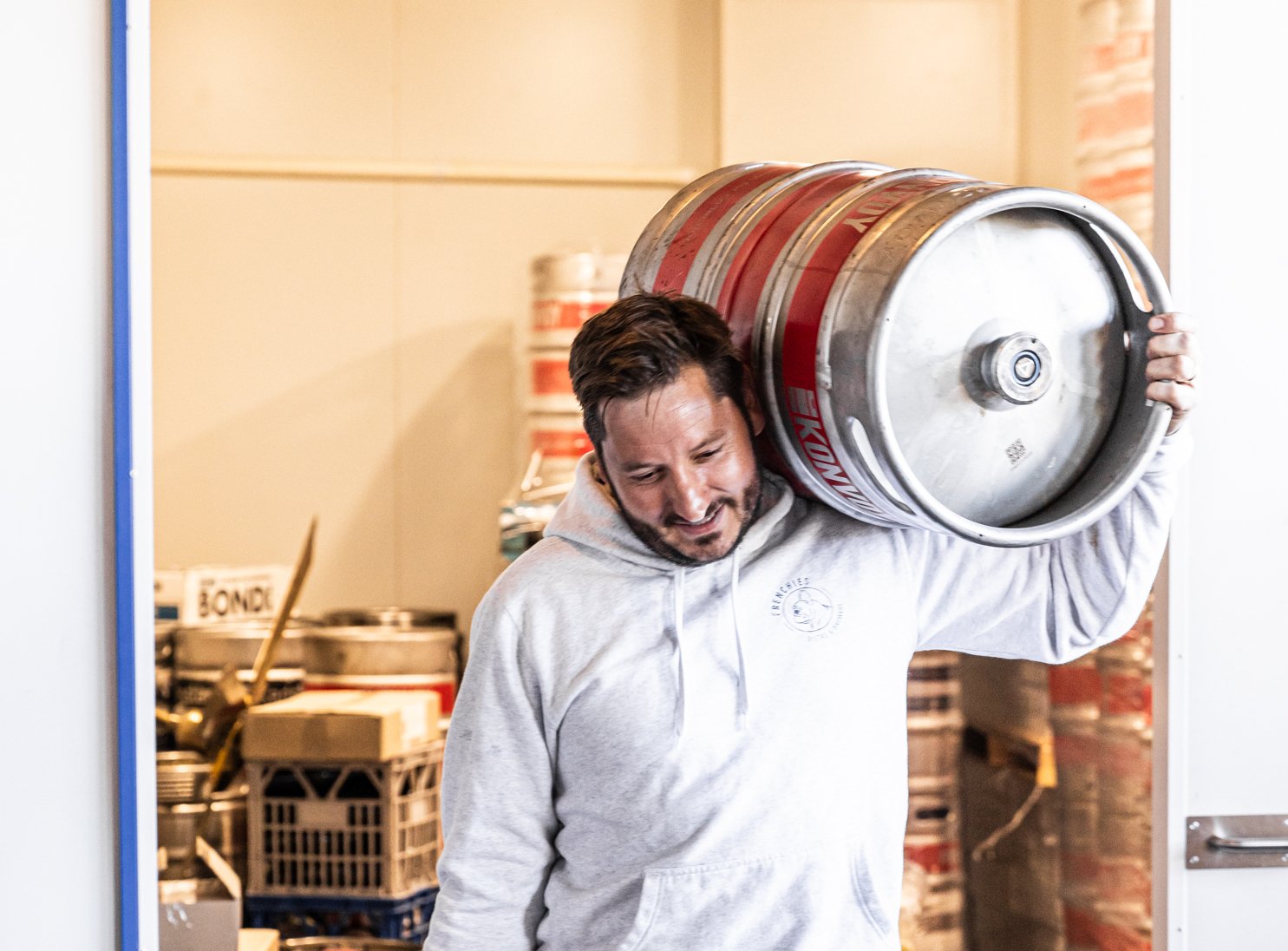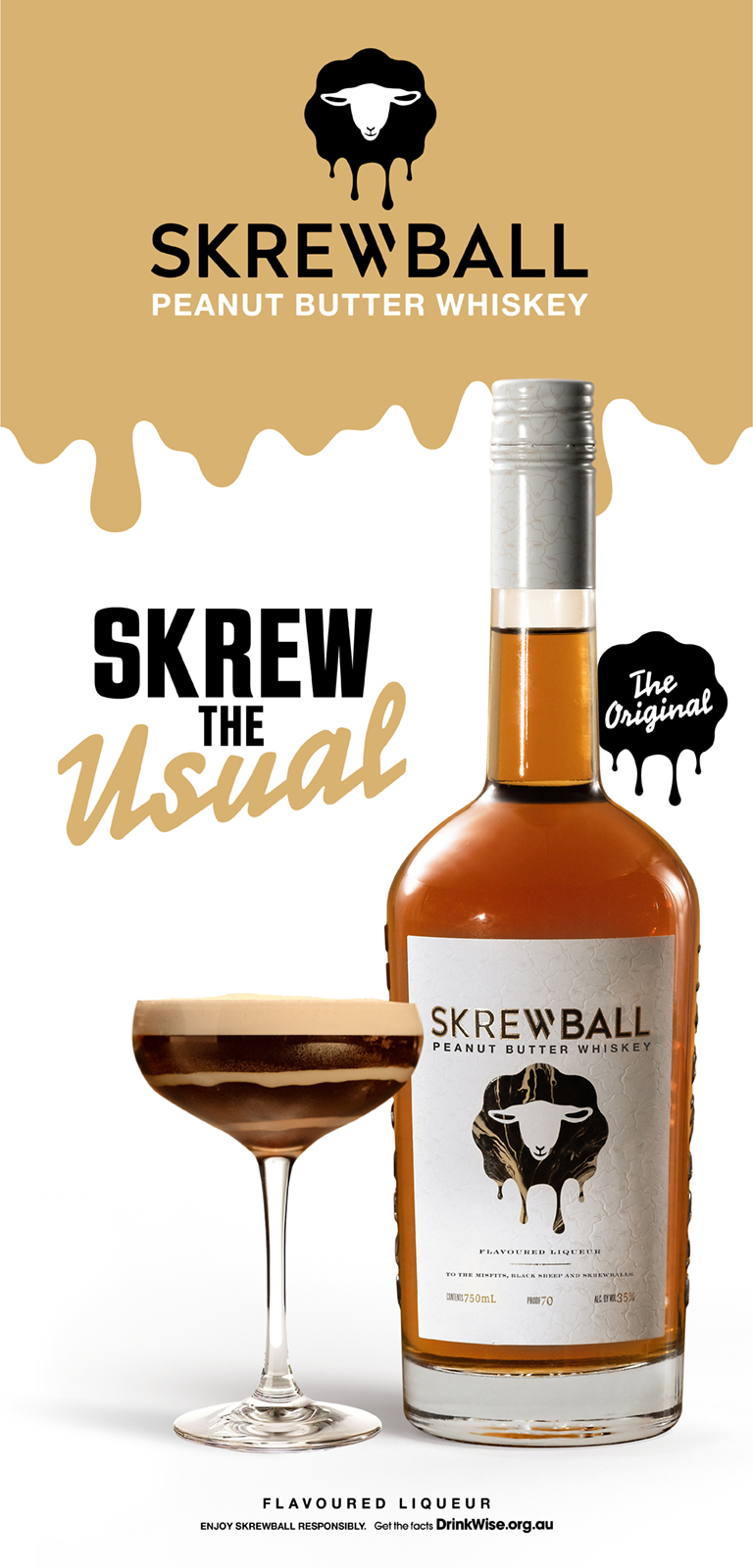Back in February when the worrying trend of independent breweries entering administration was still emerging, CEO of the Independent Brewers Association Kylie Lethbridge told Drinks Trade that “the thing that they have in common, all of them, was an outstanding ATO debt.”
As it stands, more than 20 breweries have now entered into either voluntary administration or liquidation over the past 12 months, with the trend expected to continue.
Drinks Trade recently caught up with Vincent de Soyres, Brewery Director at Frenchies Bistro & Bar, to discuss the ways current taxation policy has impacted decision making at Frenchies along with how it has influenced the industry as a whole.
Drinks Trade: We’ve heard a lot about the pressures of tax on independent craft beer… How much of an impact does this actually have?
Vincent de Soyres: ATO/the excise tax: it's big, but it's less than it used to be about four years ago/five years ago. I think it was just before COVID, or during COVID, that the law changed where we got a bigger rebate on the excise, and it's really reduced the amount of excise we have to pay every year. I think now in Australia there's a sweet spot for a brewery - if you get too big, you pay a lot of excise. If you stay relatively small, you don't pay much - and that's the key: to stay at that level where you don't have to pay tonnes of excise because there's a certain amount of excise per year that you don't have to pay (you declare it, but you get a rebate). So that's the trick.
Now, also, we noticed that a lot of breweries go very quickly; and when the economy slowed down, they got hit quite badly because they were also all relying solely on their own brand and on their own products. If you only do beer and then all of a sudden the beer market goes down, you get a big shock. Whereas we've been growing slowly but steadily over the seven years, probably much slower than most breweries. Probably in the good years, we made less of a profit, but then in the bad years, we're probably more agile and more able to support the shock.
DT: Can you explain what that ‘sweet spot’ looks like in more detail?
VS: So pretty much the way it is today when you package your beer in cans, you pay about $61 of tax per litre of pure alcohol. So if you package 100 litres of beer and the beer is at 4%, it means that you've produced 4 litres of pure alcohol, and on those 4 litres, you'll pay $63 per litre. But since the last excise change where they've aligned the beer industry to the wine industry/to the WET tax (where I think it's pretty much the same as the wine industry), it's like $250,000 a year that you declare, but you don't have to pay beyond this… Before that, it used to be only (I think) $60,000 a year that you didn't have to pay for.
But then once you go beyond that $250,000 a year, well, you start to pay excise. And if in the whole year you've declared $400,000, well, you've paid only $50,000, right? If you've declared $2 million, well, it feels like if you put that on cost-per-can, most of the cans that you've produced will have excise components in them. So that reduces your margin.
The more you produce, the more expensive the beer becomes when you pass the $350,000 ceiling of tax-free excise.
DT: Frenchies isn’t a small brewery, so I imagine it might be tough to remain within that threshold?
VS: Ideally, we try to stay below it, but at the same time, it's a bit of a weird one because we want to produce as much as possible to reduce our work costs, but at the same time, we want to stay below the costs.
So the way to do it is producing other things than just beer/than just alcohol. So [contract brewing] soft drinks. We can do energy drinks. We can do functional drinks. We can do sparkling waters, soft drinks. There's a lot of stuff that we can produce with a brewery, but don't have an alcohol component to it, and we don't have to pay excise. And it still helps covering all your overall costs.
//
The above interview was conducted as part of a wider chat in which Vincent de Soyres outlined business decisions that have helped Frenchies navigate the sector's current economic pressures. Included in the first interview article is advice on:
- adapting to trends,
- offering value-oriented SKUs,
- expanding beyond beer,
- mitigating canning expenses, and
- benefits of contract brewing
Share the content

